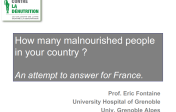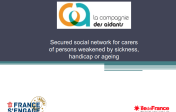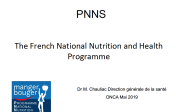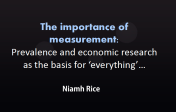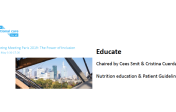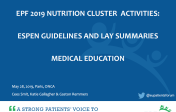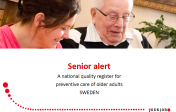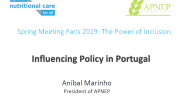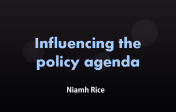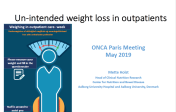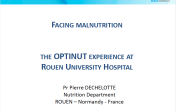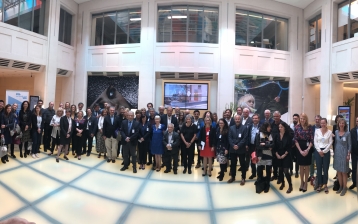
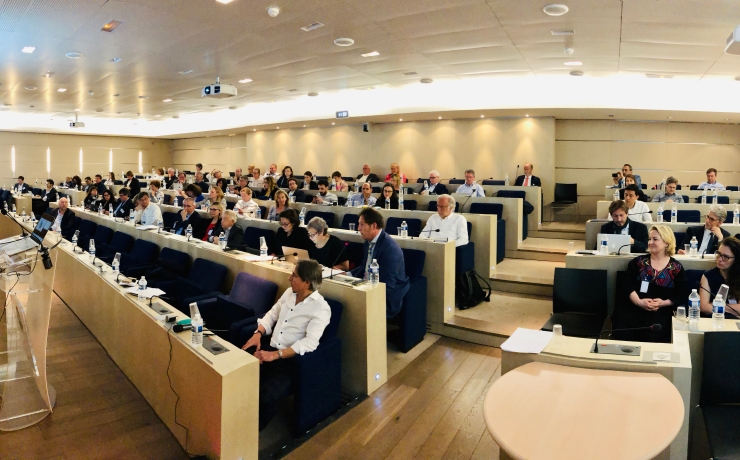
The Paris Spring Meeting
Please find on this page the programme, keynotes and pictures of the Paris Spring Meeting of the Optimal Nutritional Care for All campaign, which was held on May 28 2019.
The meeting was hosted by the French organisations Collectif de lutte contre la dénutrition, Société Francophone Nutrition Clinique et Métabolisme and Fédération Française de Nutrition.
Beak Out Sessions
1. Measuring Nutritional Care
Prevalence & Economics of nutritional care
Chaired by Regina Roller-Wirnsberger & Pavel Tesinsky
a. Prevalence & economic research in Ireland – Niamh Rice
Malnutritrion is a huge problem that costs billions to society. Highlighting the link between malnutrition and costs should justify more effective screening and management policies.
Discussion: Reducing health costs is difficult if not impossible. We must not forget that our job is saving lives, not saving costs. Cost awareness is useful to imply politics and to make malnutrition their problem.
b. Update prevalence malnutrition data base study -University of Graz- Regina Roller-Wirnsberger
The prevalence of malnutrition in community is poorly known and relies on non-consensual screening tools. A database of 45 000 patients from Primary care community in 18 countries shows major variations in malnutrition prevalence across European countries. The prevalence differs according to the criteria used: 9.8% considering GLIM criteria (BMI/grip strength and loss of appetite/chronic disease) vs 4.6 % considering only BMI.
Discussion: It would be interesting to cross these prevalence data with national health databases concerning outcomes (mortality, hospitalization…) to highlight the consequences of malnutrition.
c. Measure implementation interactively ERAS – University of Orebrö – Olle Ljungqvist
Enhanced recovery after surgery is a global protocol of perioperative care widely used in more than 25 countries worldwide. This strategy is based on a collaboration of multiple services and practitioners involved in patient care. This experience could be useful for a discipline as transversal as nutrition.
Discussion: A broad global strategy including nutrition could be more relevant that attempting to improve nutrition all alone.
Conclusion
• To influence health policies, we need baseline reliable data, especially in the community.
• Integrating nutritional management into a more comprehensive care strategy, like ERAS, could improve its effectiveness.
2. Educating Nutritional Care
‘Prevent the patient from the ‘hypes’ of the news’
The EDUCATE break-out session on nutritional education and patient guidelines was led by Cristina Cuerda (ESPEN) and Cees Smit (EPF). For the slides of the presentations during this session, see the total presentation set of the Paris ONCA Spring Meeting 2019.
Cristina Cuerda from ESPEN as well as the University of Madrid started her presentation with the outline of the Nutrition Education at Medical Schools (NEMS) programme of ESPEN. An earlier survey of ESPEN already showed that there is a high variability in clinical nutrition education in university medical schools between and within countries. This same variability was found in a short survey, performed just before this Paris ONCA Spring Meeting. The preG-LLL courses of ESPEN were found helpful by many in assisting clinical nutrition education, see espen.org/education/lll-programme and creating more uniformity.
Cees Smit (EPF) summarized in a second presentation the activities from European Patient Groups on nutrition in the period 2012 till 2019. In 2018 a guideline document on scientific guidelines and lay-versions was published, see eu-patient.eu. In 2019, this will get follow-up with a closer collaboration between ESPEN and EPF to get EU patient groups involved in translating ESPEN guidelines in lay-versions. After that, Cees explained more about patient involvement in the nutrition programme for medical students at the Amsterdam University Medical Centre (AUMC). Four patients gave their one-hour courses on their own nutritional experiences and problems with kidney disease, blended diet, migraine, prostate cancer and how these n = 1 experiences could be brought from practice-based experience to scientific evidence.
A lively discussion went on after these two presentations, focusing on the fact that good nutritional education should keep patients away from the ‘hypes’ of today’s news. It is also led to the final question, what should be the starting point for nutritional education: The theory of the biology of nutrition or explaining the biology by starting with the personal experiences of medical students with nutrition.
3. Influencing Nutritional Care
Anibal Marinho (Portugal) and Niamh Rice (Ireland) shared their experience in influence policy about optimal nutrition for all. Both agreed that just presenting to politician the results of scientific work is not enough. It is also important to build a strategy.
a) First, have good local data to show.
Anibal Marinho stressed the need for a local organization comprising scientific committees, research groups and patient associations. We need to promote screening for malnutrition in hospitals, in the home, and in community housing. Clinical nutrition groups are needed in other scientific societies (e.g., internal medicine or surgery) to promote a global approach. The cost of malnutrition must be assessed in each country and, even better, the potential savings must be estimated.
b) Then, it is important to expose clearly what is the issue and what is the goal.
The risk for population and the effectiveness of nutritional care has to be highlighted. It has to focus the healthcare system: “be careful to make them understand that it is their problem, not the dietician problem, malnutrition is a society problem” insisted Niamh Rice.
– Come with a clear strategy to propose, the smartest and the most effective way.
“Provide a simple solution to make sure they say yes!” The action has not to be limited to the short-term strategy (crisis management) although this is generally the priority. It is important to promote the long-term one.
– How to “keep the fire burning” in the time of politics?
Niamh Rice proposed the creation of written recommendations: if politicians change, the texts remain. But it is not enough and Anibal Marinho insisted: “it never ends; we have to fight and fight every time”. Sometimes it is important to associate the politicians to the recommendations, to make them responsible with regard to the population. Translating facts to stories that resonate in media and social network is important to be sure the message is delivered to the right audience and to maintain the politicians focused on the issue.
In conclusion, influence needs to develop an inarguable story including cost and gains and proposing clear solutions. It needs strong local data, the support with organizations and public. This strategy needs time (unpaid time), raising fund and increasing the number of people involved.
Programme & Campaign Leaflet
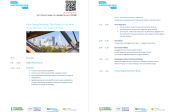
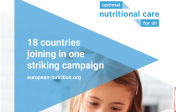
Pictures
Presentations to download
